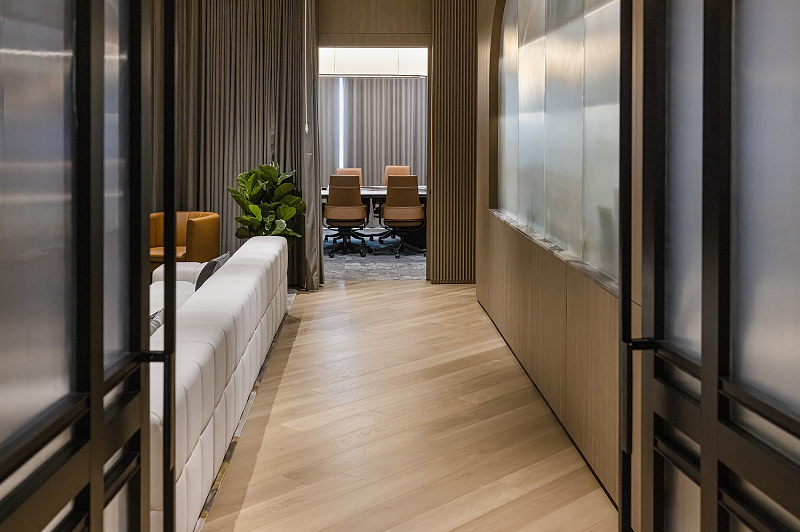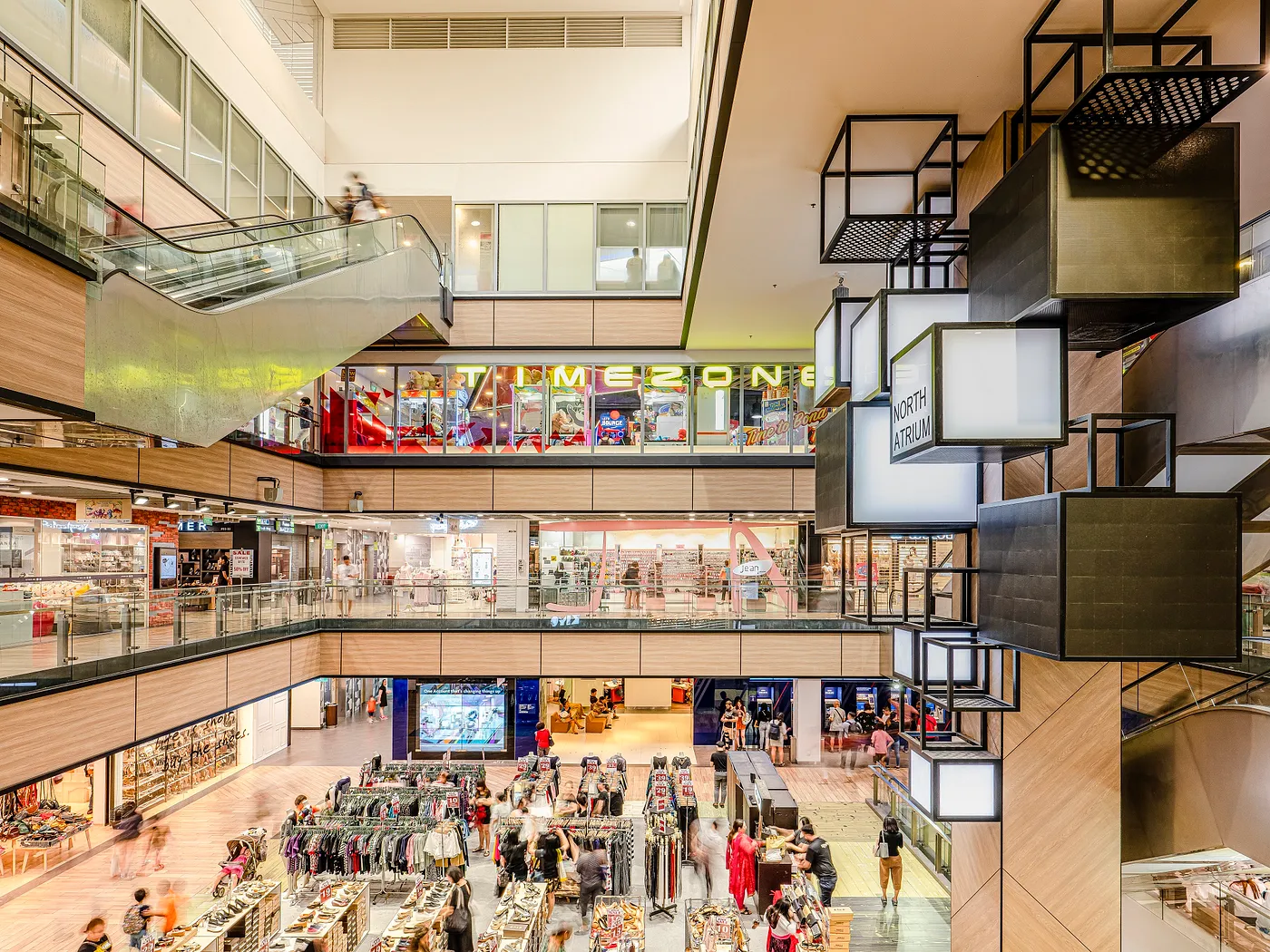The third place is known as a space where people can build psychological and emotional relationships with each other. If our homes are the first place, and work or school is the second place, then spaces like cafes, social media platforms, and basically everything else that doesn’t fall into the first two can be third places.
But these definitions as well as what we know of space typologies has changed since the pandemic hit.
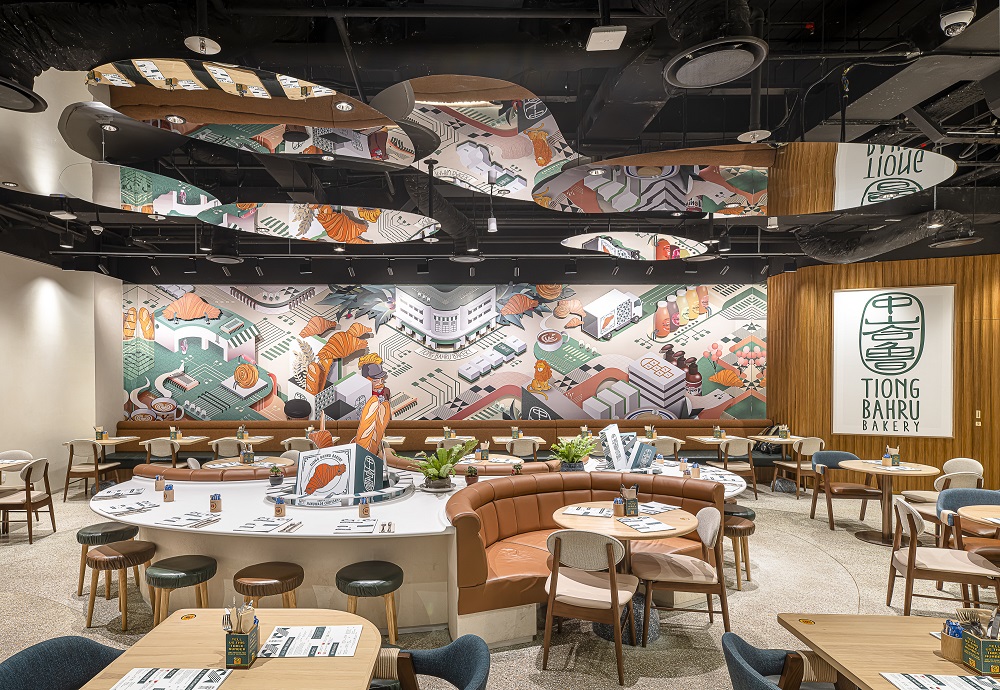
Our understanding of space typologies has changed again.
During the pandemic, we had to live, work, study, and play almost everything virtually while at home. We built mini-inner cities at home, while staying away from actual city spaces.
The third place is where we go to be away from the first two places, but with everything combining into one place, how do we segregate our lives? Space typologies are being redefined too since we can now #workfromanywhere.
Before the pandemic we were flushed with excitement of the possibilities of co-living and social living spaces. Then when the pandemic hit, debates about whether productivity is higher in the office versus elsewhere versus a hybrid model heated up, changing our understanding of co-living and social living spaces again. What then happens when we enter an endemic phase?
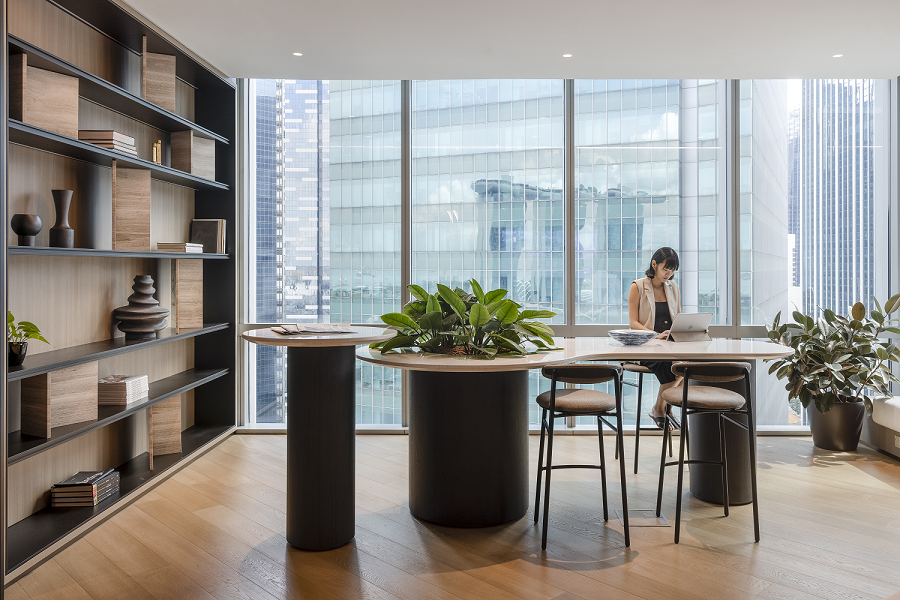
Can space typologies help address mental health and issues faced by the elderly?
The topic of mental health featured prominently in these discussions. Students and the working population alike had to deal with serious issues and we’re still searching for the best way to stay safe but also not lose our sanity.
The elderly were greatly affected when we suddenly had to do everything we used to do in other spaces at home. They were the sector of the population that were encouraged to stay at home the most because they were at highest risk of contracting the virus. Some felt intimidated by technology, which the younger generation took to very well. How will the shifts in the way we use our spaces affect them?
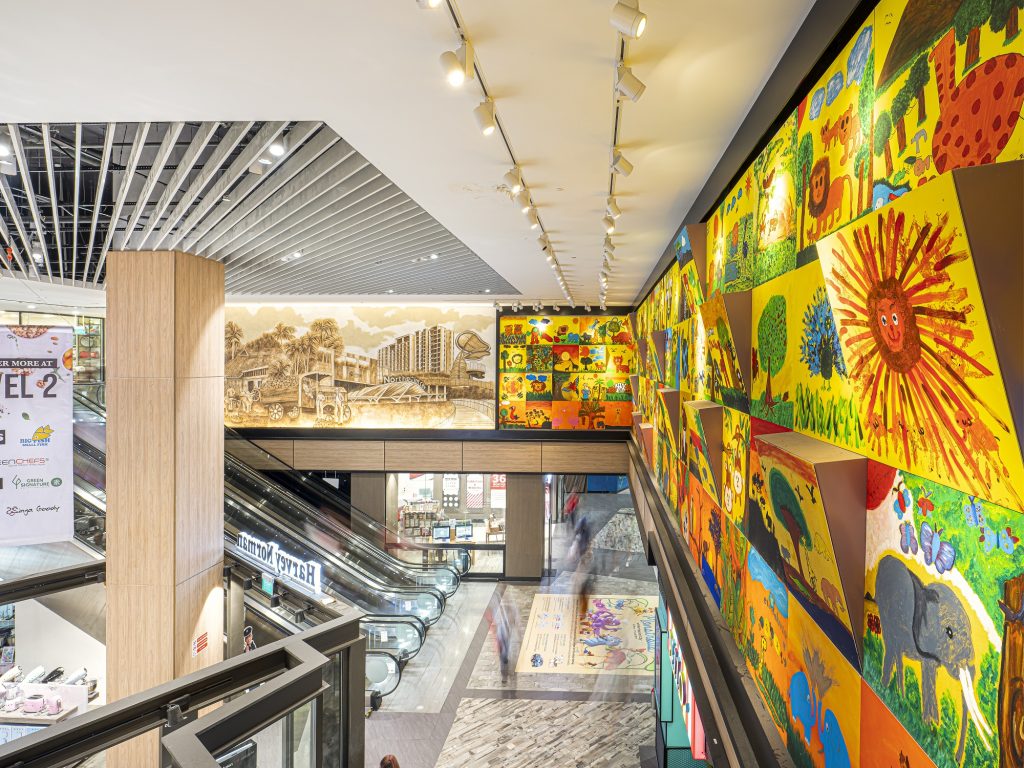
Will it economically viable for the private sector and designers to step in and develop spaces that can benefit society? Our design chiefs Kokyong Chew, Berlin Lee (co-founders of Afternaut), and Alan Tay (co-founder of Formwerkz Architects) came together to discuss and raise some very crucial points on the impact of the changing third place as a result of the pandemic.
Here are some of the questions and key insights:
What happens when the first, second, and third spaces combine into one?
Decluttering the third place and redrawing our boundaries
Berlin: We classify everything clearly into home and work but when that doesn’t work now, we conveniently find another neutral place to put it in (which is home, or a hybrid situation). But if all the three places are being combined into one, it becomes messy. This is especially if you consider the gig economy (which is here to stay) and metaverses. So we need to declutter it.
What we know as the third place has to have a special purpose. It has to be an ecosystem for mental health, for work, for businesses and for everything else. This applies to your real life, as well as any metaverses where your online persona lies.
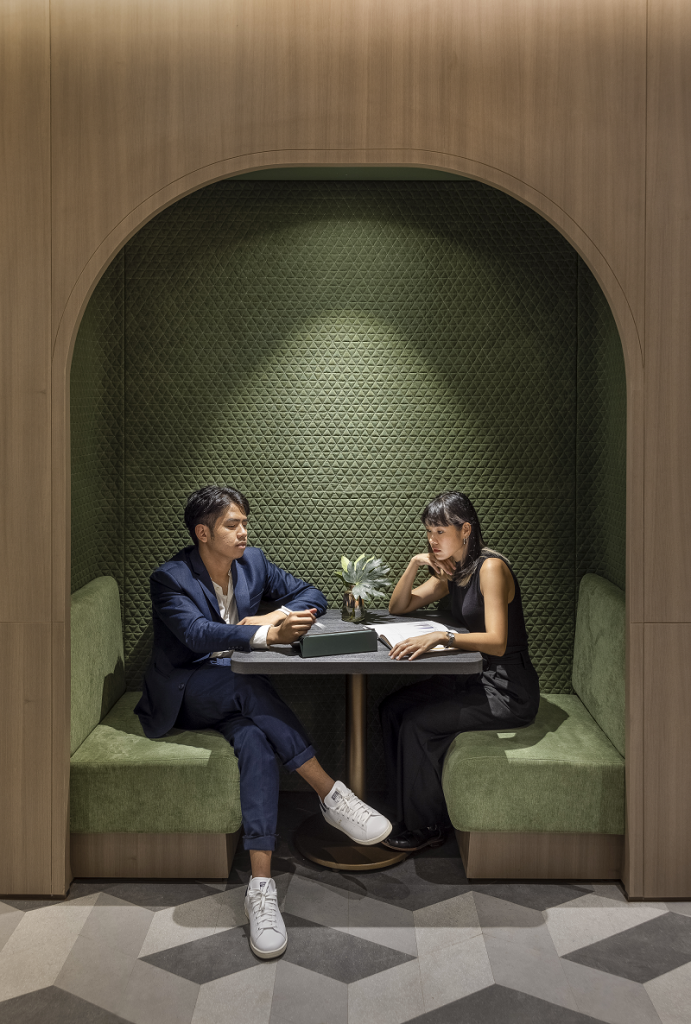
Redefinitions of the third place can lead to the rise of modular designs
KY: I think there’s an opportunity for a different type of 3rd place. Remote work doesn’t mean working from home, and meeting spaces don’t mean meeting rooms. A lot of cafes are exploring having meeting pods with modular walls that can be set up in 2 hours and can be booked online. During peak mealtimes they operate as a cafe but during downtime, they serve as a meeting space. Physical spaces like these are forming their own purpose.
In my opinion, there will be a lot of design solutions that allow the unlocking of the 3rd place to happen. Within these solutions, modular designs will truly shine and go beyond what we know them to be. The third place is going to be more tangible and will show its different functions.
"What we know as the third place has to have a special purpose. It has to be an ecosystem for mental health, for work, for businesses and for everything else." — Berlin Lee
Drawing our boundaries and finding a place to escape to
Alan: Will there be a death of the 1st and 2nd place then? Will we not need to talk about the 3rd place anymore since everything is combined into one? There’s no place to escape to. Isn’t that scary? If we can’t escape to a physical space then we have to escape and compartmentalise in our heads which is even harder.
KY: We could create an environment that discourages the encroachment of other spaces, e.g. work. For example, while we’re in a space where we’re supposed to be relaxing, can we design environmental factors or chemical triggers to the brain that deter us from doing what we usually do in our 2nd place, i.e. work, and help us to compartmentalise?
Alan: Are there such spaces for everyone and do we see ourselves creating such spaces for people? But we also need to ask ourselves, is it profitable and who will develop it?
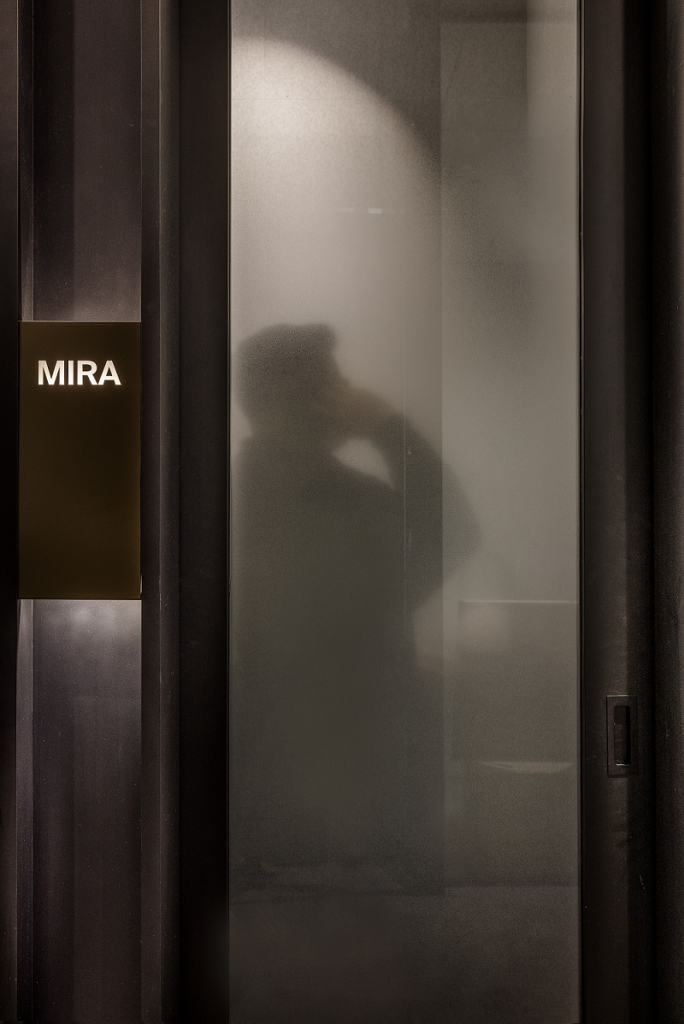
Let’s be realistic — how economically viable is the new 3rd place?
KY: Shopping malls will be the first places that will be talked about, visited, and designed for especially in Singapore. It will be the first typology to explore this new “3rd place” typology definition because that’s where 90% of the people are. What is then the future of retail shopping centres, which will also need to take e-commerce into account?
Berlin: In Asia, shopping malls are places where social interactions happen (a third place for many people, if you will). Shopping malls are owned by developers thus they are profit-driven, so it might not be an area of interest. Perhaps, if mental well-being is a by-product of space, then there might be a possibility of designing for it within the mall.
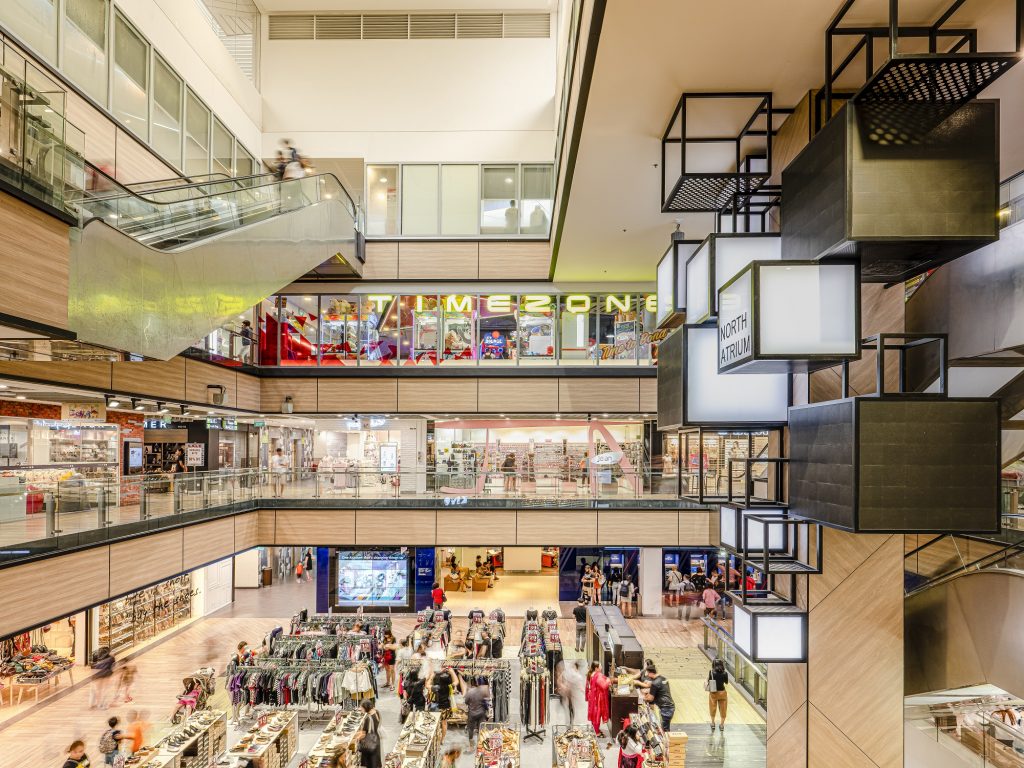
But the developers’ intent is always commercial not social. Thus there needs to be a redefinition of the new value of malls to not be commercial for something like this to happen. In the future this might even be policy driven.
Alan: Shopping centres are one of the toughest typologies to create for this space. Is it even necessary? The Western countries have never treated a mall as a social space. Maybe in Asia, we feel like consumption is social. But it’s actually self-gratification. It’s not social interaction where you engage with others. Retail shopping centres are losing some attractiveness with the convenience and entertainment from online shopping.
How can we help the elderly cope with the new third place?
Berlin: Engaging the elderly at home requires a lot of effort. Even those living with their families didn’t get much attention because everyone else at home was focused on work or school. They might have been physically there but unless someone makes the effort to interact with them, they were not getting the social interaction they craved and needed, which they might previously have been able to do so (with friends, at the marketplace, and communal public spaces).
Alan: It’s a societal problem that needs to be solved at the root, and physical spaces are not the only solution. Issues like loss of independence, self-worth and health issues need to be dealt with as well, possibly policy-driven. Besides places, what sparks off passion? There is pride, and cultural identity. How can we get people to be passionate about something?
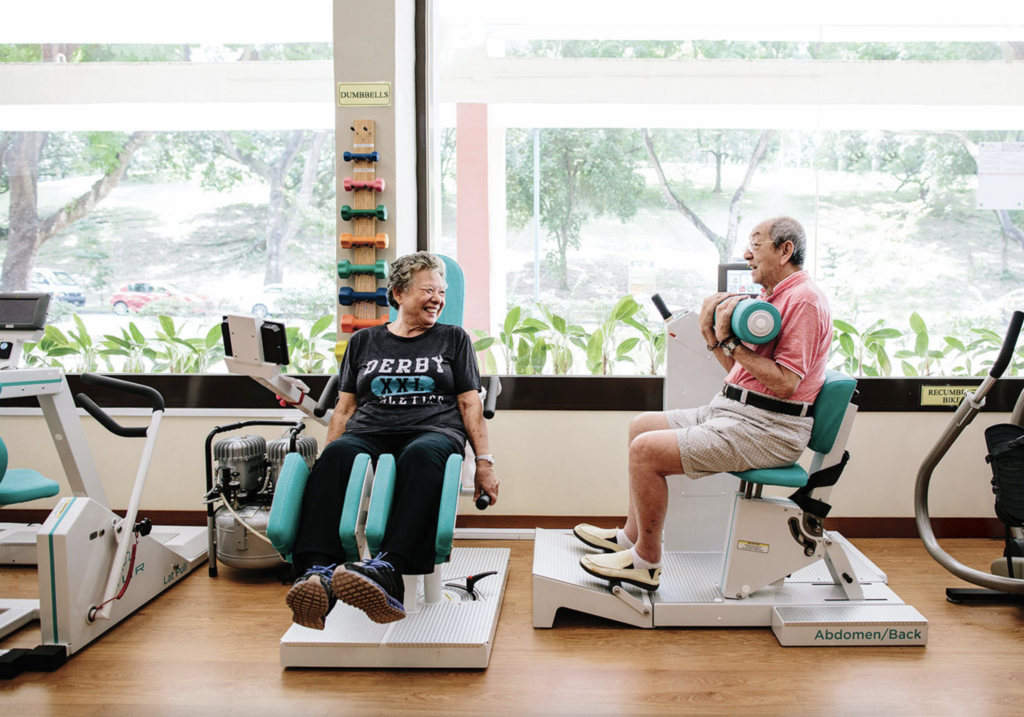
Senior issues are tough and you don’t need to solve one whole goal. The policies we have out there are trying to extend the quality of life of the individual. There are lots of initiatives that encourage the elderly to keep fit, have an active lifestyle and mind, help boost their self-worth and make them feel like they are contributing to society.
So now what?
We’re living in exciting times. The definition of the third place and the boundaries of all three places are changing. It all boils down to this: what we knew of the first, second and third place has been broken down, added into a pot, and mixed around with digital metaverses to form a new stew. How can we re-compartmentalise them again? Should we?
We are always thinking of how to infuse the third place in our work. Discussions like these need to happen and in the realm of spatial design, we will continue to explore and discuss ways we can work together with other sectors, perhaps the private or civil sector to design solutions that can make our community a better place to live in.
Let us know your thoughts, or if you have any responses to the questions we raised here - drop us a note at hello@theafternaut.com or connect with Berlin, Alan, and Kokyong on LinkedIn.
